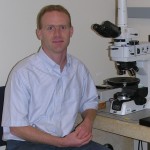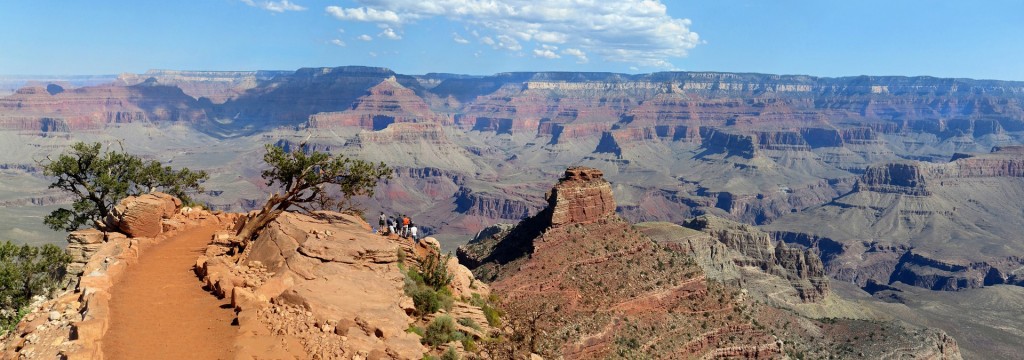Integrated Approaches in Earth Sciences
Professor Christopher Gerbi
 One challenge many Earth science teachers face is that their training lies outside the course they are teaching. We have modified this course to address this challenge in two ways. First, I have developed discussions about Big Ideas to help MST students identify what the major concepts in Earth Science are, as well as the supporting ideas necessary to grasp the large scale concepts. Second, we explicitly focus time on strategies for lesson planning and execution when the subject matter lies outside the comfort zone of the instructor. In the first implementation, these changes occurred mainly as conversations and metacognitive exercises. The written material included a question on the final exam requesting students to reflect on the similarities and differences between Earth science and other science fields. Future courses will incorporate written exercises targeted at the two modifications.
One challenge many Earth science teachers face is that their training lies outside the course they are teaching. We have modified this course to address this challenge in two ways. First, I have developed discussions about Big Ideas to help MST students identify what the major concepts in Earth Science are, as well as the supporting ideas necessary to grasp the large scale concepts. Second, we explicitly focus time on strategies for lesson planning and execution when the subject matter lies outside the comfort zone of the instructor. In the first implementation, these changes occurred mainly as conversations and metacognitive exercises. The written material included a question on the final exam requesting students to reflect on the similarities and differences between Earth science and other science fields. Future courses will incorporate written exercises targeted at the two modifications.
The question pertinent to the course improvements mentioned above is as follows (The rest of the exam is linked below):
“In paragraph or list form, identify what teaching and learning Earth Sciences has in common with other sciences with which you are familiar, and what is unique or noteworthy about the field.”
An example of a student response to the final exam question:
Similarities between Earth Science and other sciences:
- Seeks to explain and increase understanding of the natural world
- Many concepts are hard to visualize easily (structure of the Earth, solar system, rock cycle etc.)
- The scale of events is often difficult to grasp (geologic time scale, earth processes)
- It is a very lab oriented science
- There are many misconceptions that students have prior to and during instruction
- Modeling is often used to help students understand processes
Why Earth Science is unique:
- Larger time and physical scale than other sciences, Foundation for other sciences experientially
- Largely benefits from field experience/labs
- Difficult to model many of the concepts in a classroom setting (Plate tectonics, the rock cycle, groundwater, etc.)
- It is more concerned with processes than how things work (compared to say Chemistry and Physics)
- Large connection to how it impacts the human population, a larger proportion of the information could directly impact humanity (understanding how a landslide works could potentially save a life where as knowing how ions bond may not impact someone very much)
- Informs people about how to interact with Earth’s resources

